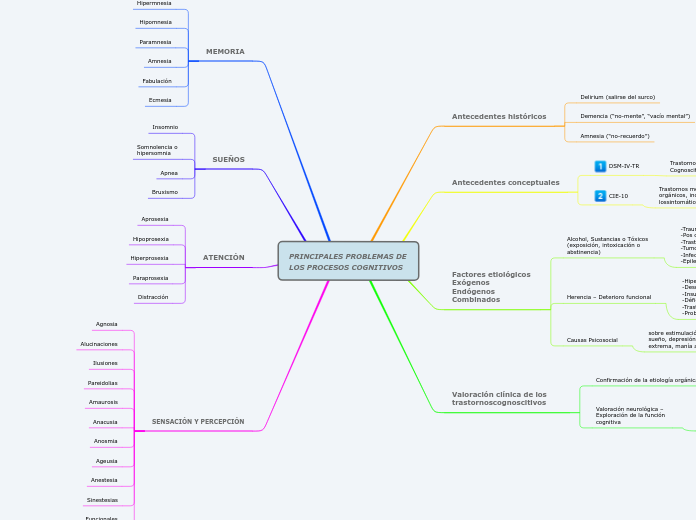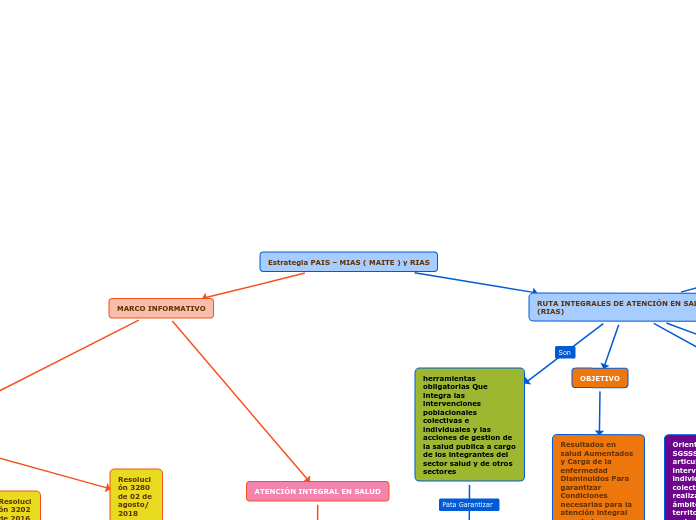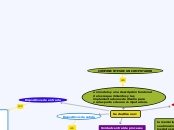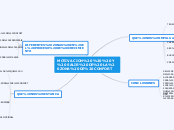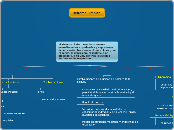PRINCIPALES PROBLEMAS DE LOS PROCESOS COGNITIVOS
Use this mind map to plan and easily organize your lessons.
SENSACIÓN Y PERCEPCIÓN
Funcionales
Sinestesias
Anestesia
Ageusia
Anosmia
Anacusia
Amaurosis
Pareidolias
Ilusiones
Alucinaciones
Agnosia
ATENCIÓN
Homework improves student achievement and teaches students to work independently.
Provide your students with feedback on their homework, as this is an essential instrument allowing you to enhance the significance of assignments in their overall academic life.
Distracción
Paraprosexia
Hiperprosexia
Hipoprosexia
Aprosexia
SUEÑOS
An actual experience with discussions will help students grasp the connections between different topics. Students will have the chance to use their knowledge gathered in class or during the personal researches and be able to participate effectively in the discussion as group members.
Bruxismo
Apnea
Somnolencia o hipersomnia
Insomnio
MEMORIA
More and more teachers are using visual aids and other helping tools to exemplify lessons.
Ecmesia
Fabulación
Amnesia
Paramnesia
Hipomnesia
You can attach your own previously created mind maps or you can ask them to create their own.
Hipermnesia
Related videos or documentaries, audio books.
Valoración clínica de los trastornoscognoscitivos
Valoración neurológica – Exploración de la función cognitiva
Mini Examen del Estado Mental (MMSQ)
Evaluación neuropsicológica (Luria – Nebraska)
Confirmación de la etiología orgánica
Historia clínica
Examen médico
Pruebas delaboratorio
Factores etiológicos Exógenos Endógenos Combinados
Causas Psicosocial
sobre estimulación, falta de sueño, depresión o ansiedad extrema, manía aguda
Herencia – Deterioro funcional
Plan and create the handouts your students will receive in order to support the day’s activities.
-Hipertermia o hipotermia
-Desorden metabólico o electrolítico
-Insuficiencia renal o hepática
-Déficit vitamínico
-Trastorno hemático (anemia grave – anoxia)
-Problemas auditivos o visuales
Alcohol, Sustancias o Tóxicos (exposición, intoxicación o abstinencia)
-Traumatismo (conmoción – contusión) -Pos operatorio reciente -Trastorno vascular – Aneurisma -Tumor cerebral -Infección o inflamación cerebral o sistémica -Epilepsia
Antecedentes conceptuales
Establish your goals.
What do you want your students to achieve?
CIE-10
Trastornos mentales orgánicos, incluidos lossintomáticos
DSM-IV-TR
Trastornos Cognoscitivos
Delirium, Demencia y TrastornosAmnésicos
Antecedentes históricos
Amnesia (“no-recuerdo”)
Demencia (“no-mente”, “vacío mental”)
Delirium (salirse del surco)
